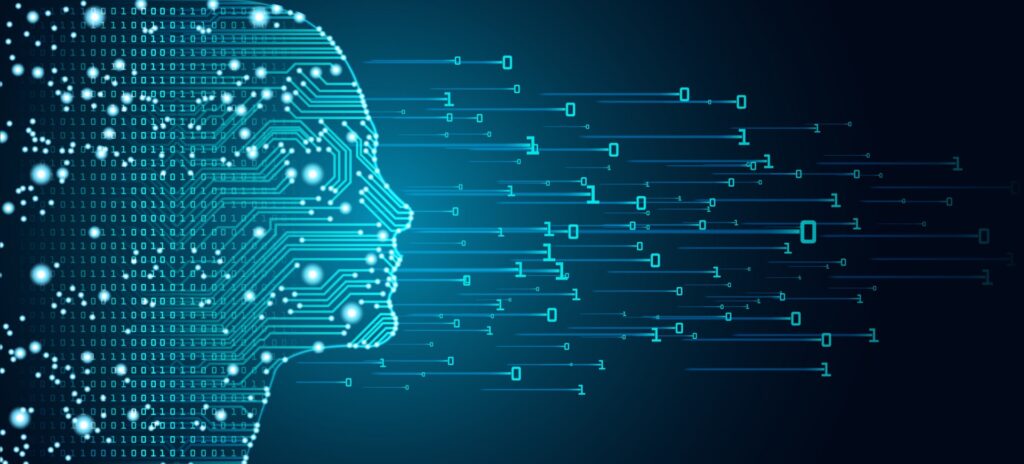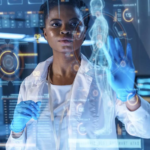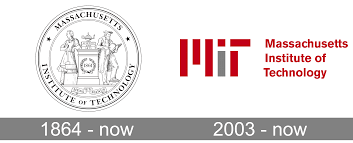Healthcare Revolution: The integration of EHR and AI for a New Era of Medical Advancement

In a sweeping transformation within healthcare, aptly dubbed Healthcare 4.0, the landscape of health data management and utilization has undergone a radical metamorphosis. Traditional paper records have yielded to Electronic Health Records (EHRs), offering an expansive digital footprint of a patient’s medical journey. These digital vaults transcend mere storage; coupled with the prowess of Artificial Intelligence (AI) encompassing Machine Learning (ML) and Natural Language Processing (NLP), they have the potential to redefine patient care.
Unveiling EHRs and Their Healthcare Role: The arena of contemporary healthcare is irrevocably reshaped by Electronic Health Records (EHRs). These virtual incarnations of medical archives hold a pivotal key in modernizing healthcare by digitizing and centralizing patient health intel. EHRs harbor real-time data encompassing medical history, diagnoses, medication regimens, test findings, and treatment blueprints. Functioning as secure, accessible reservoirs, these digital assets facilitate seamless exchange among healthcare providers, culminating in enhanced coordination and uninterrupted care. EHRs manifest as a potent force streamlining documentation, optimizing workflows, and empowering healthcare professionals to forge well-informed clinical judgments.
Unmasking the Potency of AI and Machine Learning: Spearheading a revolution across diverse sectors, AI has left an indelible mark on healthcare. This transformative field denotes the capacity of machines to replicate intelligent human behavior, underpinned by systems that absorb knowledge, predict outcomes, and evolve over time. Nestled within AI, Machine Learning unfurls algorithms empowering computers to glean insights and make decisions or forecasts predicated on data.
The Luminary Role of Natural Language Processing: Charting a course within AI, Natural Language Processing (NLP) emerges as a catalyst enriching EHR data’s efficacy. NLP, adept at extracting meaning from unstructured text data like clinical notes, radiology reports, and pathology findings, imparts structure to these narratives for comprehensive analysis. It further automates coding, expedites decision-making for healthcare providers, and deciphers patient communications for a more insightful response.
AI’s Prowess in Decoding Multidimensional EHR Data: Navigating healthcare’s complex decision-making web demands a multidimensional grasp. Physicians tackle the intricate tapestry of diverse test outcomes and patient histories to unveil diagnoses or treatment courses. AI, a transformative force, steps in as the game-changer. Fueled by intricate algorithms and computational might, AI can sift through copious data points with aplomb. It scours, discerns patterns, correlations, and anomalies imperceptible to human observation. This unearths valuable insights, often hidden within the labyrinthine data terrain.
Take, for instance, the capability to predict a specific ailment based on patterns discerned within EHR data. Such insights empower AI to propose personalized treatment blueprints, maximizing patient outcomes. The strength of AI deepens with continuous learning, refining predictions and recommendations as it imbibes more data. This capacity to evolve, termed machine learning, stands as AI’s foremost advantage. Furthermore, Deep Learning, a subset of AI, probes vast data reservoirs to unearth intricate patterns eluding conventional algorithms. Be it deciphering medical images or discerning patient symptoms, Deep Learning’s scope is all-encompassing.
The Transformative Union of AI and EHR: Marrying AI with Electronic Health Records engenders a seismic shift, refining decision-making processes and heightening patient care. This fusion, rather than supplanting healthcare professionals, bestows them with a robust instrument amplifying precision and well-informed choices. The integration’s potential is far-reaching, fostering enhanced diagnostic accuracy, predictive insights, personalized treatment schemes, efficiency gains, patient engagement, risk stratification, advanced research avenues, and real-time decision support.
As this healthcare revolution unfolds, the alliance of AI and EHR emerges as a beacon illuminating pathways to optimal care, benefitting humanity on an unprecedented scale.



